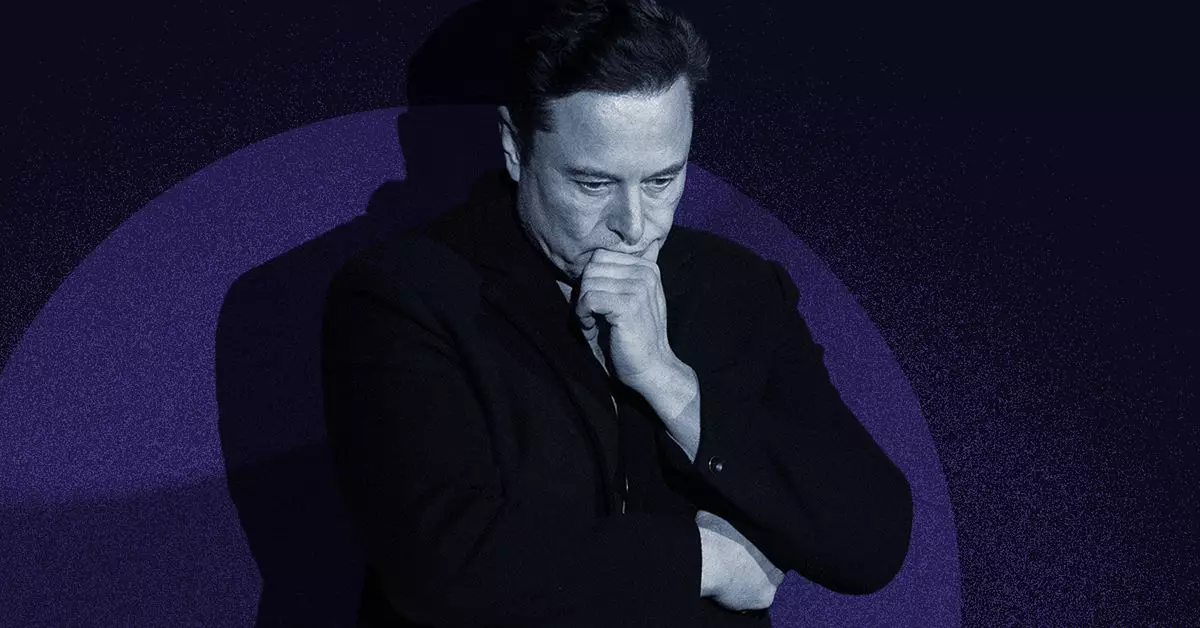Elon Musk, a figure renowned for his entrepreneurial ventures and controversial statements, is increasingly venturing into the realm of governance. Recently, he has taken on the co-leader role in the imaginary Department of Government Efficiency (DOGE) advisory group. This initiative has fueled conversations surrounding the efficiency and accountability of government roles, particularly in the context of public sector employment. Through this lens, Musk has begun to spotlight individual government employees, equating their roles with what he regards as bureaucratic waste.
Musk’s approach often involves utilizing his vast following on X (formerly Twitter) to amplify his opinions on specific individuals within government positions. A recent episode highlighted the case of Ashley Thomas, Director of Climate Diversification at the US International Development Finance Corporation, whom Musk publicly criticized by resharing a post questioning the legitimacy of her role. His comment, “so many fake jobs,” went viral, gathering over 33 million views and igniting a storm of memes and harassment directed at Thomas. The ensuing online discourse underscores how social media can be weaponized, leading to targeted harassment that transcends mere commentary, transforming into a real-world impact on the individuals involved.
The repercussions of Musk’s social media campaigns extend far beyond his original posts. As noted by Everett Kelley, president of the American Federation of Government Employees, such actions create an atmosphere of fear among federal employees. Individuals like Thomas find their privacy violated, resulting in social media profiles becoming private to escape the onslaught of harassment. Such a tactic not only damages personal reputations but also deters potential candidates from considering public service roles, ultimately undermining the efficiency that the DOGE claims to champion.
Musk’s defense of his actions often centers around the principle of free speech. However, when this concept converges with targeted harassment, it raises ethical concerns regarding the balance between free expression and responsible discourse. Instances abound where Musk has previously used social media to tarnish the reputations of others, framing such acts as humorous or justified critiques. Nevertheless, the real-world consequences borne by those he targets often illustrate a darker side of public discourse, where the line between critique and character assassination becomes alarmingly blurred.
With plans to conduct much of their work publicly—from X polls to social media commentary—Musk and fellow DOGE co-leader Vivek Ramaswamy seem set to continue this trend of public examination of government roles. While transparency in government is crucial, the methodology applied must be scrutinized to ensure that it does not devolve into a vehicle for harassment. In these highly charged digital environments, the call for accountability must occur without compromising basic human dignity.
The burgeoning discourse around government efficiency, particularly as pushed forward by public figures like Elon Musk, illustrates a significant crossroads where technology meets governance. To promote constructive engagement rather than hostility, it is imperative that public figures, influencers, and followers alike recognize the weight of their words, understanding that accountability should foster dialogue instead of destruction. As we navigate this digital frontier, society must advocate for a more responsible approach to public discourse, ensuring that criticisms contribute to improvement without crossing into the realm of personal attack.


Leave a Reply